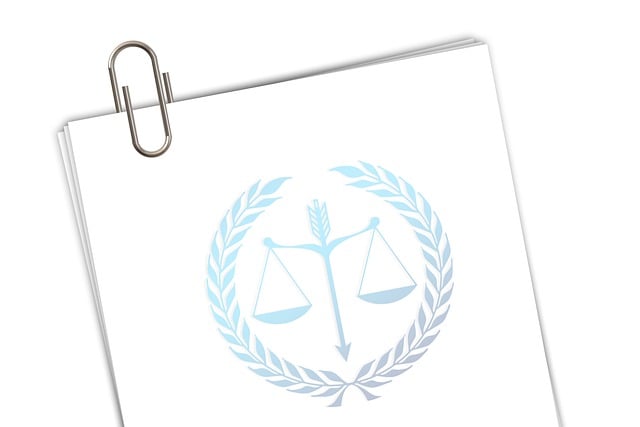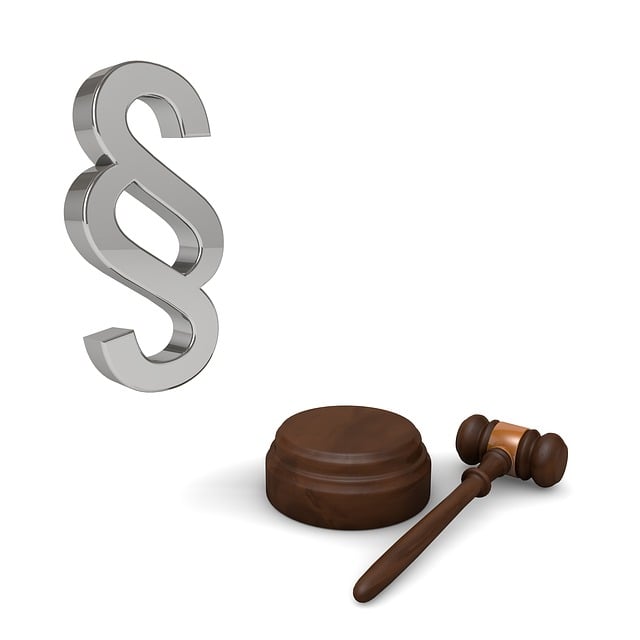Consumer protection suits are legal processes designed to hold businesses accountable for unfair practices, utilizing Understanding Regulatory Law as a foundation. This multi-stage litigation begins with filing a claim, progresses through discovery and trials, and ends with potential settlement or judgment. Knowledge of regulatory law is vital for both plaintiffs and defendants, guiding the interpretation of consumer rights and business obligations. Skilled legal representation is key to navigating these stages effectively, ensuring justice and deterring unethical conduct in the business world.
Consumer protection suits play a pivotal role in safeguarding individuals from unfair business practices. This article provides an in-depth understanding of these legal actions, delving into what they are, their regulatory framework, and the litigation process. By exploring key stages, from initial complaints to trial and appeal, readers will gain insights into their rights and protections. Learn about crucial considerations during each phase, empowering you with knowledge to navigate consumer protection suits effectively.
- What are Consumer Protection Suits?
- Regulatory Law and Its Role
- Litigation Stages Explained
- Key Considerations for Consumers
What are Consumer Protection Suits?

Consumer Protection Suits are legal actions taken by individuals or regulatory bodies to safeguard consumers from unfair, deceptive, or fraudulent practices. These suits encompass a wide range of issues, from misrepresented product claims to violations of privacy and data security laws. Understanding Regulatory Law is key here, as it involves the interpretation and enforcement of laws designed to protect consumers’ rights.
When a consumer feels they’ve been wronged by a business or organization, they can escalate their complaint through various litigation stages. This process includes filing a claim, pre-trial discovery where evidence is gathered, and ultimately, trial or settlement negotiations. Consumer Protection suits play a crucial role in ensuring businesses adhere to ethical standards, thereby fostering trust within the philanthropic and political communities across the country. Additionally, these lawsuits serve as deterrents, discouraging other entities from engaging in similar white-collar defense tactics.
Regulatory Law and Its Role

Regulatory law plays a pivotal role in consumer protection suits, providing a framework to ensure fair business practices. It encompasses a series of rules and guidelines aimed at shielding consumers from exploitative or misleading conduct. When a violation is suspected, Understanding Regulatory Law becomes crucial for both plaintiffs and defendants. Litigation stages involve meticulous navigation through complex legal procedures, where the law guides the process from filing initial complaints to achieving extraordinary results.
In these cases, whether representing corporate or individual clients, knowing the regulatory landscape is essential. It helps in avoiding indictment by adhering to standards and can lead to favorable outcomes. The process involves a deep understanding of consumer rights, business obligations, and the legal mechanisms to enforce them. This strategic knowledge enables lawyers to navigate the litigation stages effectively, ensuring justice for their clients.
Litigation Stages Explained

Consumer protection suits involve a multi-stage litigation process that requires an understanding of both regulatory law and legal procedures. The initial stage begins with filing a complaint, where the plaintiff alleges violations of consumer rights by a defendant. This is followed by a period of pre-trial discovery, during which both parties gather evidence, depositions are taken, and documents are exchanged. Understanding Regulatory Law plays a crucial role here, as it helps in identifying relevant statutes and regulations that govern the case.
The next phase involves hearings where arguments are presented to the court. This process can lead to either a settlement agreement, where the defendant agrees to compensate the plaintiff for the alleged wrongdoings, or a trial. During trial, both sides present their cases, call witnesses, and submit evidence. For his clients, whether corporate or individual, this requires skilled advocacy to achieve extraordinary results. The final stage is post-trial proceedings, which may include appeals or enforcement of the court’s judgment.
Key Considerations for Consumers

When navigating consumer protection suits, understanding the regulatory law landscape is paramount for consumers. Familiarizing oneself with the various litigation stages involved can significantly impact the outcome of a case. The initial stage involves filing a complaint with relevant authorities, outlining alleged violations and seeking redress. This is followed by investigation and fact-finding, where both parties gather evidence to support their claims or defenses.
Consumers should also be aware that consumer protection laws are designed to foster fairness and transparency in business dealings, targeting practices like false advertising, unfair pricing, and data privacy breaches. A general criminal defense strategy might not always apply, as these suits focus on civil remedies rather than criminal penalties. Engaging with legal experts who specialize in this field is crucial, as they can guide consumers through the intricate process, ensuring their rights are protected and aiming for a favorable outcome, which could include a complete dismissal of all charges, particularly if the consumer’s actions were found to be within legal and ethical boundaries.
Understanding consumer protection suits is crucial for both businesses and consumers. By grasping the role of regulatory law and navigating the litigation stages, individuals can make informed decisions and protect their rights. Knowing key considerations can empower consumers to stand up for themselves and ensure a fair market. Remember that, in terms of consumer protection, knowledge is power, and being aware of these legal processes is essential to fostering a transparent and just marketplace.






